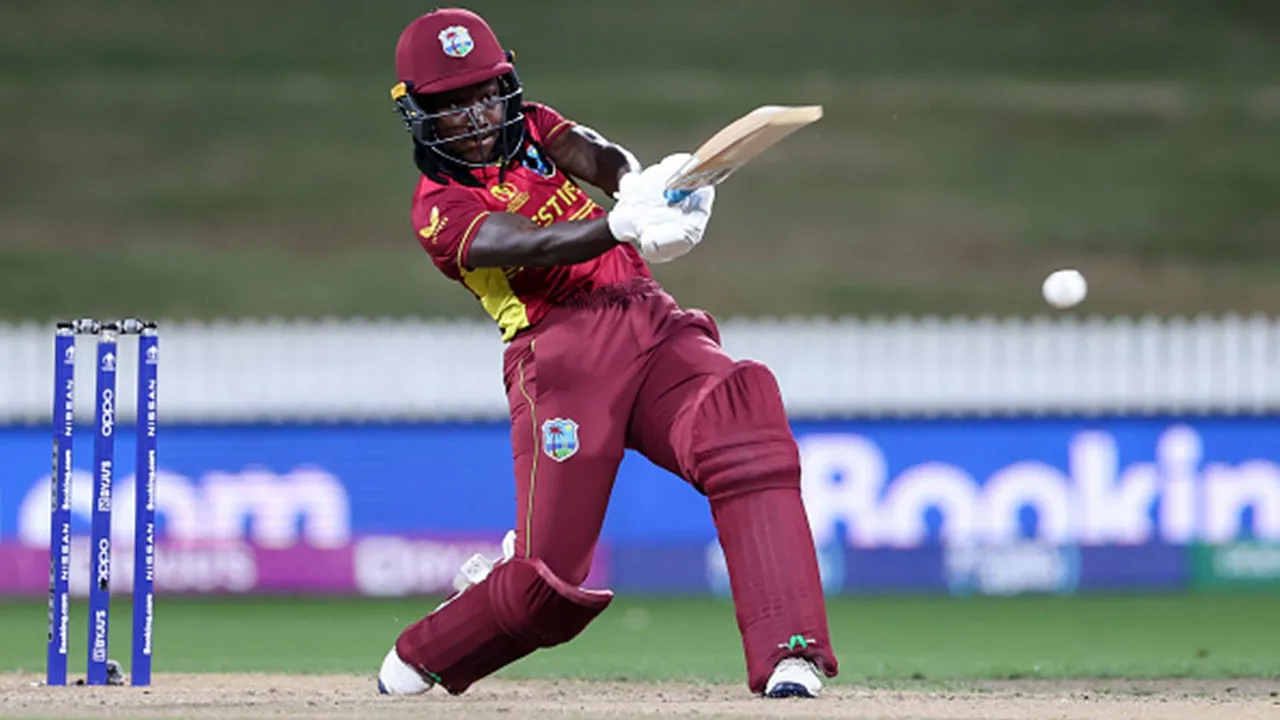Brighton’s extraordinary journey, from the precipice of oblivion to their current status as trendsetters in the Premier League, is set to reach a historic pinnacle as they gear up to host AEK Athens in their inaugural European match this Thursday.
For ardent Brighton supporters, AEK’s arrival at the Amex Stadium for the Europa League group stage would have seemed implausible during the club’s darkest days, when they faced the threat of extinction.
Once as troubled as the dilapidated West Pier on the city’s pebble beach, Brighton has now become one of the most admired success stories in the world of football.
Football clubs across the globe aspire to replicate Brighton’s knack for discovering and nurturing relatively unknown talents like Moises Caicedo, Alexis Mac Allister, and Marc Cucurella, all of whom have evolved into valuable assets, fetching substantial transfer fees compared to their initial acquisition costs.
This innovative approach allowed Brighton to defy expectations with a sixth-place finish in the Premier League last season. Their strong start this season, including a resounding 3-1 victory over Manchester United, further underscores their prowess.
Paul Barber, Albion’s chief executive, commented, “This has been an incredible project. There is definitely a broader awareness of Brighton now.”
The club’s remarkable transformation is also resonating on the international stage, with foreign clubs closely monitoring and analyzing Brighton’s matches as part of their coaching strategies.
This newfound strength and recognition stand in stark contrast to the club’s situation 26 years ago when they were on the brink of dropping out of the English Football League and lacked a stadium of their own.
Brighton’s fortunes appeared bleak when Steve Gritt assumed the role of manager in December 1996, with the specter of relegation to non-league football looming large.
Against all odds, a late-season surge orchestrated by Gritt provided a glimmer of hope. Brighton ultimately secured the draw they needed on the final day of the season against relegation rivals Hereford to avoid the drop.
However, the club’s challenges were far from over. The Goldstone Ground, Brighton’s home for 95 years, was sold for property development in 1997, leaving them in exile and sharing Gillingham’s Priestfield Stadium, resulting in dwindling attendances.
In 1999, Brighton secured a lease to play at Withdean Stadium, situated two miles north of the city center. Though modest, the stadium allowed the club to rediscover its identity, and fans to reconnect with the team.
In 2009, Tony Bloom, a professional poker player, acquired the club and financed the construction of a new purpose-built stadium on the outskirts of the city. This gamble paid off, and in 2017, Brighton celebrated promotion to the Premier League after a 34-year absence.
Norman Cook, renowned as Fat Boy Slim and a lifelong Albion supporter, emphasized that Brighton’s unconventional ascent aligns with the city’s bohemian ethos. “Brighton has always had a quite free and forward-thinking way of addressing things,” he said, celebrating the city’s diverse and unique character that extends to its football club’s remarkable rise.



